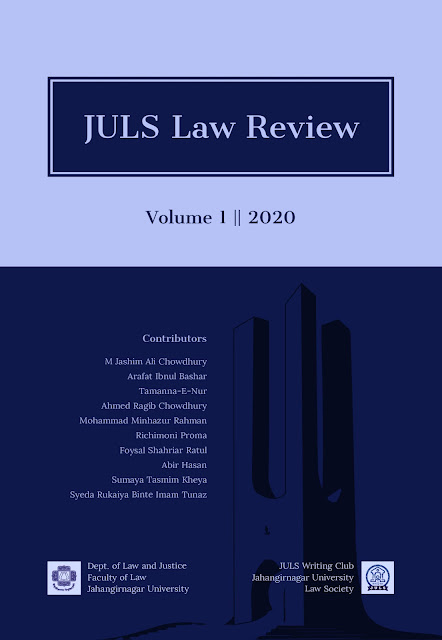Working and Impact of Parliamentary Committees in the UK and Bangladesh: A Theoretical Analysis
M Jashim Ali Chowdhury
Abstract
There are four leading committee theories that explain how the parliamentary committees are organised across the congressional and parliamentary systems, why they behave in particular ways and how the political parties influence their formation and work. These theories are known as the “distributive or gains from trade theory”; “information, scrutiny and expertise supply”; “coalition”; and “partisan cartel” theories. Exponents of the distributive or gains from trade theory argue that parliament members take their committee assignments seriously because it provides them with a scope to distribute development and other material benefits to their constituents and thereby enhances their chance for re-election. They can also use their committee positions as leverage to gain from trade or bargain with fellow parliament members working in other committees. The information, expertise and scrutiny theory explains the institutional reasons issues for the Parliament that support a strong committee system. Proponents of this theory argue that a strong committee system helps the Parliament by supplying information and expertise about public policies and ensuring detailed scrutiny of the governmental proposals. The coalition theorists considers the impact of collation governments on the committee system. The Partisan cartel theory deals with the partisan influence in the the committee formation process.
This paper aims to test each of the four committee theories on the U.K. House of Commons and Bangladesh’s “Westminster Parliament” . It argues that while the U.K. parliamentary committees have been able to overcome most of the partisan barriers and amass great institutional strength to make sense of the system in terms of all of the four theoretical strains, the operation and impact of the Bangladeshi committee system has remained hostage to a pervasive “partisan cartelisation”. The next part (Part 2) of the paper would will explain each of the four committee theories in greater detail. Part 3 would will briefly introduce the committee system of Bangladesh Jatya Sangsad. Parts 4-7 of the paper would attempt a comparative evaluation of the U.K. and Bangladesh’s parliamentary committee system vis-a-vis each of the four committee theories. Part 8 would conclude the paper.






